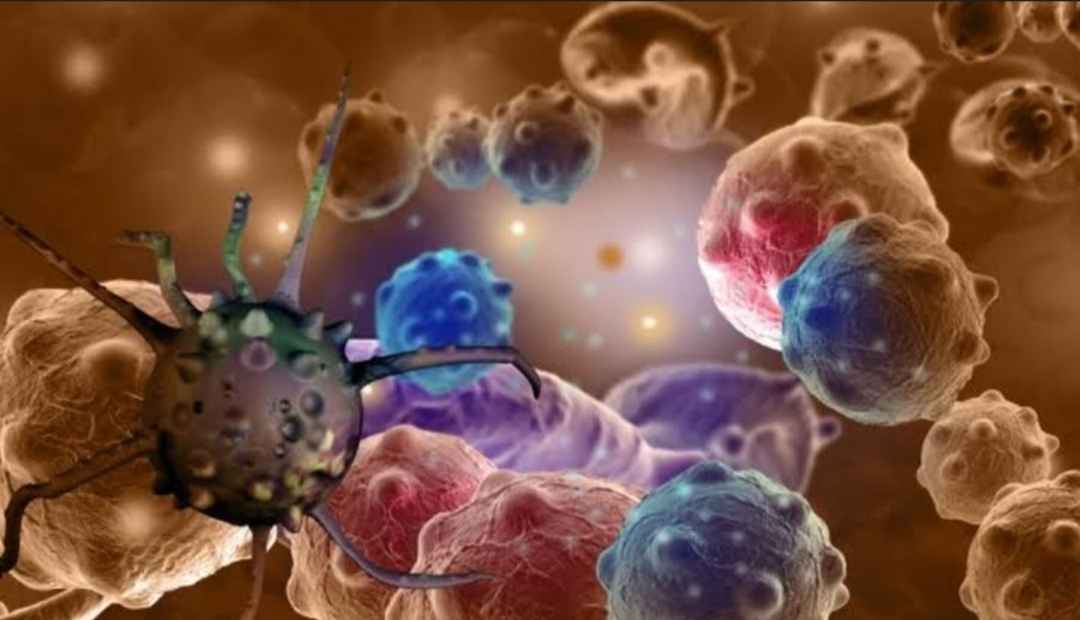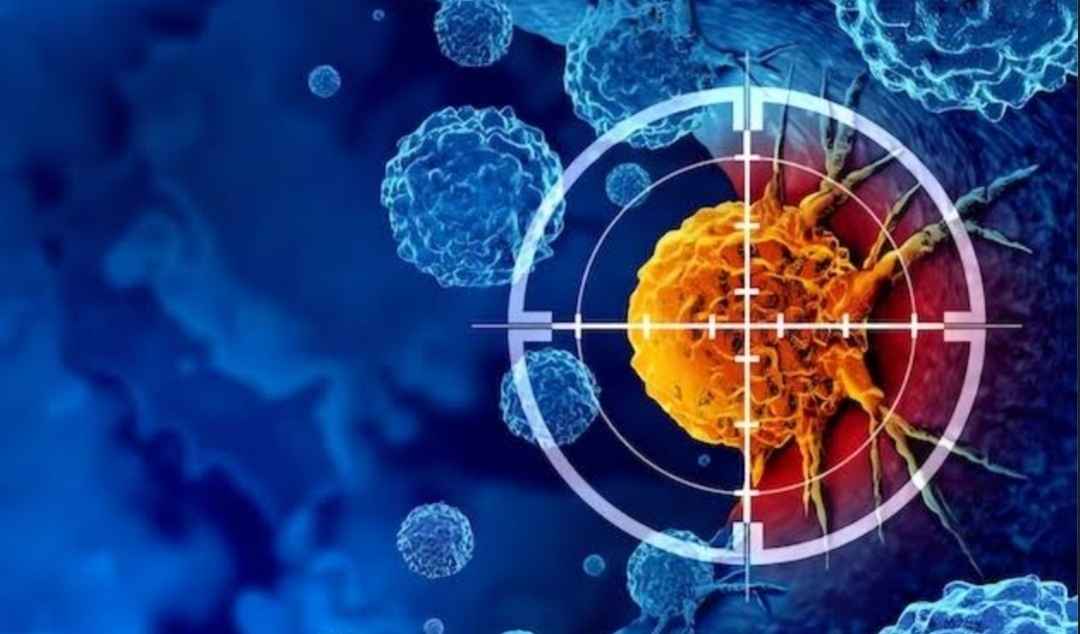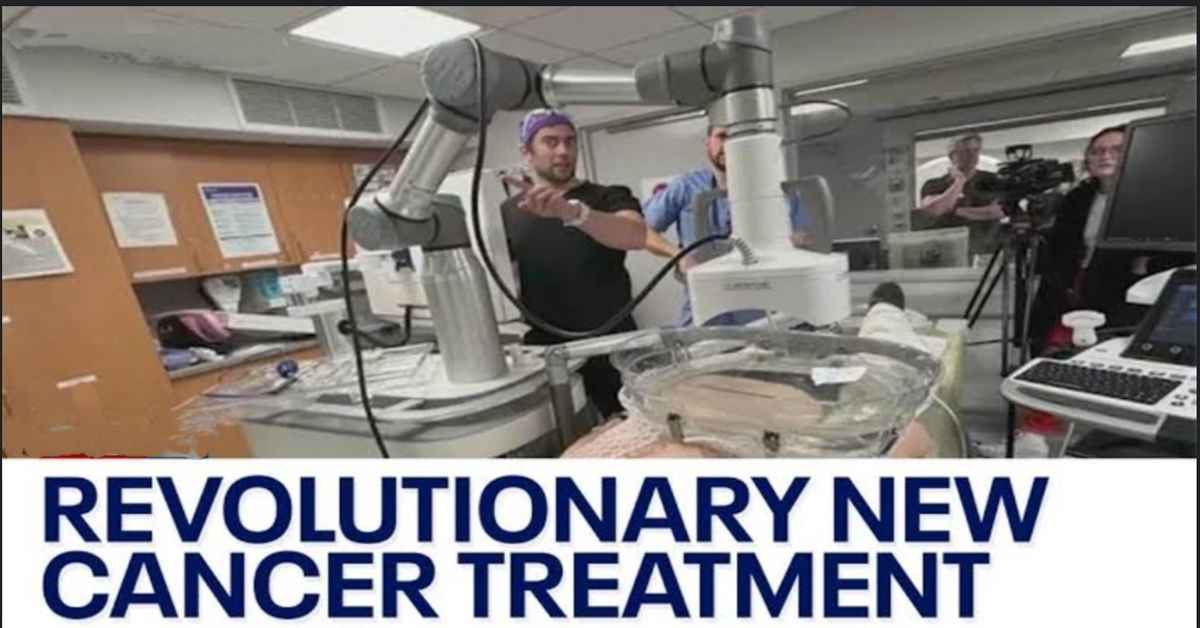Revolutionary Cancer Treatment – The fight against cancer has seen numerous advancements over the years, but recent developments from the University of Delaware may mark one of the most significant breakthroughs yet. Researchers at this prestigious institution have created a novel technology that could revolutionize how cancer is treated. This cutting-edge approach, which utilizes the unique properties of carbon nanotubes, offers a new way to selectively target and destroy cancer cells while preserving healthy tissue.
Harnessing the Power of Nanotechnology in Cancer Treatment

The research, spearheaded by Assistant Professor Balaji Panchapakesan, is rooted in the potential of nanotechnology—a rapidly growing field that involves manipulating matter on an atomic and molecular scale. Nanotechnology has been heralded for its potential to bring about significant advancements in various industries, from electronics to medicine. Now, it appears that this technology could also hold the key to a more effective cancer treatment.
The University of Delaware team discovered that carbon nanotubes, when bundled together and exposed to light, can induce explosions at the nanoscale. These tiny yet powerful explosions have the ability to obliterate cancer cells, leaving surrounding healthy tissue unharmed. This selective targeting is what sets this technology apart from traditional cancer treatments, such as chemotherapy and radiation, which often damage healthy cells alongside cancerous ones – Revolutionary Cancer Treatment
Carbon Nanotubes: The Key to Targeted Cancer Cell Destruction
Carbon nanotubes are cylindrical molecules made of carbon atoms arranged in a hexagonal pattern. Known for their exceptional strength and thermal conductivity, these nanotubes have already found applications in a variety of fields, including electronics, materials science, and energy storage. However, their potential in medicine, particularly in cancer treatment, is only beginning to be explored.
The University of Delaware researchers have leveraged the thermal properties of carbon nanotubes to develop a method that can induce localized explosions within cancer cells. When the nanotubes are exposed to specific wavelengths of light, they absorb the energy and convert it into heat. This rapid heating can cause the nanotubes to explode, destroying the cancer cells from within while sparing the surrounding healthy tissue – Revolutionary Cancer Treatment
The Science Behind Nanotechnology-Driven Cancer Treatment

The idea of using heat to treat cancer is not new. Hyperthermia, a treatment that involves raising the temperature of body tissue to damage and kill cancer cells, has been studied for decades. However, the challenge has always been to deliver heat precisely to the cancer cells without affecting the healthy tissue. This is where the University of Delaware’s research makes a critical difference.
By using carbon nanotubes, the researchers can deliver heat directly to the cancer cells in a highly targeted manner. The nanotubes are small enough to penetrate the cells, and when exposed to light, they generate intense heat that causes the cells to explode. This method not only destroys the cancer cells but also disrupts their biological pathways, preventing them from multiplying and spreading – Revolutionary Cancer Treatment
A Breakthrough in Precision Medicine
The technology developed by Professor Panchapakesan’s team represents a significant advancement in precision medicine. Precision medicine is an approach to patient care that allows doctors to select treatments that are most likely to help patients based on a genetic understanding of their disease. By targeting cancer cells at the nanoscale, this new treatment aligns perfectly with the principles of precision medicine, offering a more personalized and effective approach to cancer care.
Moreover, the ability to target cancer cells without harming healthy tissue could lead to treatments with fewer side effects. Traditional cancer therapies, such as chemotherapy and radiation, are notorious for their debilitating side effects, which occur because these treatments cannot differentiate between healthy and cancerous cells. The University of Delaware’s technology, however, promises a treatment that is both effective and minimally invasive.
The Future of Cancer Treatment: Nanotechnology and Beyond

The implications of this research are vast. As nanotechnology continues to advance, it could pave the way for new cancer treatments that are more effective, less invasive, and tailored to the individual needs of patients. The University of Delaware’s breakthrough is just one example of how nanotechnology is being harnessed to fight one of the world’s deadliest diseases.
In the future, we may see the development of even more sophisticated nanotechnology-based treatments that can target cancer cells with unprecedented precision. These treatments could be combined with other emerging therapies, such as immunotherapy and gene editing, to create comprehensive cancer care strategies that offer better outcomes for patients – Revolutionary Cancer Treatment
Challenges and Next Steps – Revolutionary Cancer Treatment
Despite the promise of this technology, there are still challenges to overcome before it can be widely adopted in clinical settings. One of the primary challenges is ensuring the safe and effective delivery of carbon nanotubes to the cancer cells. Researchers will need to develop methods to control the distribution and concentration of nanotubes in the body to maximize their therapeutic potential while minimizing any potential risks.
Additionally, further studies will be needed to understand the long-term effects of using carbon nanotubes in the body. While the initial results are promising, comprehensive clinical trials will be necessary to establish the safety and efficacy of this treatment.
The University of Delaware team is optimistic about the future of their research and its potential impact on cancer treatment. As they continue to refine their technology and explore its applications, they are hopeful that it could lead to new, life-saving treatments for cancer patients worldwide – Revolutionary Cancer Treatment
Conclusion: A New Era in Cancer Treatment

The innovative work being done at the University of Delaware marks the beginning of a new era in cancer treatment. By combining the power of nanotechnology with the principles of precision medicine, researchers are developing treatments that can target and destroy cancer cells with unprecedented accuracy. This breakthrough offers hope for millions of cancer patients around the world, promising a future where cancer can be treated more effectively and with fewer side effects.
Read this also: Shah Rukh Khan and Sons Make History in Disney’s “Mufasa The Lion King” Hindi Version
As research continues and new technologies emerge, the fight against cancer will undoubtedly benefit from these advancements. The work of Assistant Professor Balaji Panchapakesan and his team at the University of Delaware is a testament to the potential of nanotechnology to change the landscape of cancer treatment and improve the lives of those affected by this devastating disease.
[…] Read this also: Revolutionary Cancer Treatment: How University of Delaware Researchers are Targeting Cancer Cells wi… […]
[…] kundër kancerit ka parë përparime të shumta gjatë viteve, por zhvillimet e fundit nga Universiteti i Delaware mund të shënojnë një nga përparimet më të […]
Wow, superb blog layout! How long have you been blogging for? you made blogging look easy. The overall look of your website is great, as well as the content!
Great items from you, man. I’ve take into account your stuff previous to and you are just too fantastic. I really like what you have got right here, certainly like what you’re saying and the best way wherein you say it. You are making it entertaining and you continue to take care of to stay it sensible. I cant wait to learn far more from you. That is really a great website.
You helped me a lot with this post. I love the subject and I hope you continue to write excellent articles like this.